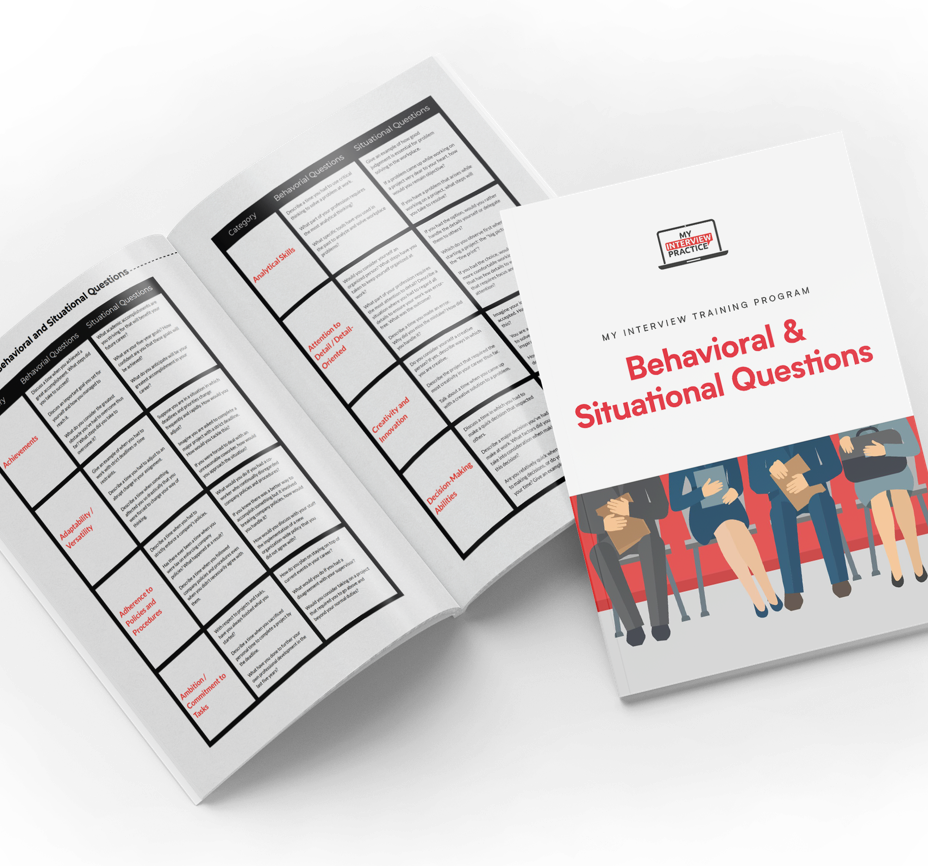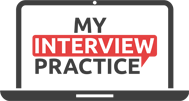Behavioral Interview Questions About Problem Solving

Introduction
Every job requires problem solving. Even if the job’s main focus isn’t creating solutions to obstacles, issues always occur that need to be addressed. Employers want to hire individuals who have developed a portfolio of problem-solving skills they can use to creatively resolve both known and unanticipated challenges as they occur. Key problem-solving skills hiring managers look for when interviewing a candidate include:
- Analytical Skills
- Creativity
- Innovation
- Attention to Detail
- Resolve and Determination
Different jobs involve different types of problems. You can usually identify the types of issues you are likely to encounter in a new job by carefully reviewing the job posting to see what skills the employer requires. These skills will be related to the kinds of challenges they are hiring you to resolve. Knowing this will help you prepare to discuss your problem-solving skills during the interview.
This article will help you get ready for behavioral questions that help employers understand your problem-solving skills and the methods you use to get things done. Knowing how to correctly respond to this type of question will enable you to demonstrate your ability to help the organization achieve its objectives by overcoming issues and convince the interviewer you are the right candidate for the job.
Behavioral Questions
Questions about your problem-solving skills are a specific type of behavioral question. Behavioral questions explore how you handled situations in your past positions and indicate what you will do when faced with similar challenges in the future. You can identify behavioral questions when the interviewer starts the question with something like, “Tell me about a time …” or “What steps did you take …”
Questions About Problem Solving
The best way hiring managers can learn about how organized you are is to ask you questions about your previous experiences. These questions require you to create a story and relate it in a structured and clear fashion. Interviewers will note the skills you used to solve problems and overcome issues, how effective they were, and how you helped the organization achieve its objectives. They hope to hear that you have developed creative problem-solving skills that allow you to quickly resolve any issues and get back to your primary job.
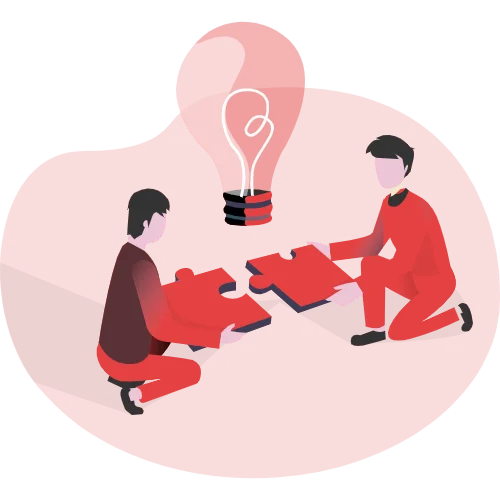
How to Answer Questions Related to Problem Solving
Although many people include problem solving as one of the skills listed on their resume, they may not be prepared to discuss how they go about doing this if asked. Taking some time to review some of the major issues you resolved in your previous jobs and the steps or measures you used to do so will prepare you to talk about this topic. It would help if you focused on recognizing an issue, analyzing it, determining options to resolve it, and then choosing and executing the most effective solution. If you anticipate behavioral questions about problem solving and are prepared to answer them, you will find it easy to respond to these questions during an interview.
Look here for further training on how to answer commonly asked Technical Questions in a way that you will stand out to the interviewer.
Problem solving-related behavioral questions can best be responded to using the STAR format which helps you organize your response by creating a story related to the question.
The STAR format uses the following framework:
Situation – Briefly describe a situation related to the question. Ensure the situation you use describes a time you used your problem-solving skills to overcome a challenging issue.
Task – Summarize the task or goal you needed to achieve. Describe how you quickly identified a challenge and determined what steps were needed to create a solution to resolve it.
Action – Talk about the actions you took which resulted in a successful outcome. These actions should include analyzing the issue, creating innovative solutions, and implementing them.
Results – Discuss the results you achieved and the impact they had on the organization. Emphasize how your problem-solving skills and the creative solutions you developed contributed to the successful outcome and achievement of the goal.
When preparing for an interview, you should anticipate this type of question and have your STAR stories ready. The stories you relate should be relevant to the position for which you are interviewing so they resonate with the hiring manager. Preparing your stories in advance and rehearsing them before the interview will give you confidence. It will also enable you to respond to the interviewer’s questions by providing compelling stories and communicating them clearly and expertly.
Problem Solving-Based Behavioral Questions
Here are some examples of problem solving-based behavioral questions you can anticipate during an interview, the rationale behind them, and an example of how you can respond to them.
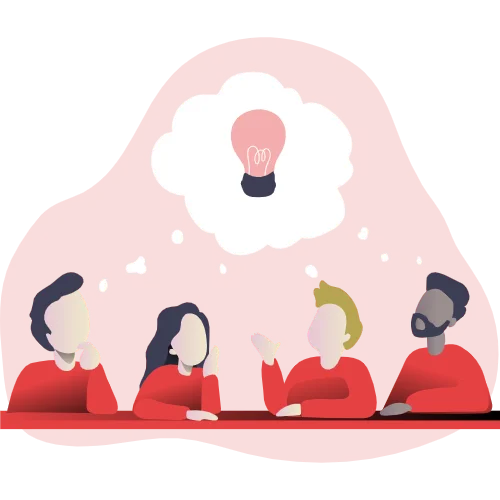
Question: Talk about a time when you came up with a new idea or approach to solve a recurring problem.
Explanation: It is not uncommon to encounter recurring problems on the job. These problems are issues that continue to crop up and are addressed by resolving the impact but not the cause of the issue. Organizations value employees who can resolve an issue by analyzing the root cause and eliminate it so the issue does not recur.
Example: “(Situation) In my last job, every time we received a shipment, we first had to move inventory stored near the loading dock before we could unload the new materials. (Task) This required extra time and delayed the carrier while they waited for us to relocate the older inventory. (Action) After witnessing this several times, I determined the cause of the problem was that it took several days to rotate the new materials into production in order to free up the receiving area. I located some additional storage area within the manufacturing facility and created a system which processed and relocated the receivables within 24 hours of them being unloaded. This freed up the loading dock and made it available for subsequent shipments. (Results) Solving this issue reduced the amount of time the carriers spent at our facility by 50% which resulted in them offering us a 10% discount on our shipping costs.”
Question: Describe a time when you had to resolve an issue even though you didn’t have all of the information you needed.
Explanation: We are frequently asked to resolve an issue even though we don’t have all of the information we need. Being able to accomplish this requires creativity and innovation. Quickly analyzing the issue, creating a solution, and implementing it with minimal information are key problem-solving skills employers look for in new hires. You should have a STAR story prepared which demonstrates your ability to do this.
Example: “I rarely have all of the information required to analyze and resolve an issue. This has required me to develop skills for solving issues with less than perfect data. I was recently asked to determine why sales of one of our leading products had plateaued. The only information I had was the most recent quarter’s revenues, estimates of our competitor’s sales, and activity reports from the sales team. By analyzing this information, I determined the issue resulted from an overall flattening of demand for this type of product. I put together a plan in our marketing materials which would emphasize alternative uses for the product. Sales increased during the next quarter due to customers using the product for other purposes. We used this same strategy to increase revenues for the entire product line.”
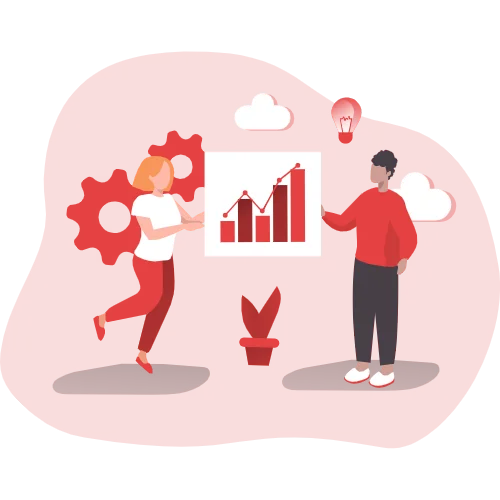
Question: Talk about a time when you used good judgment and reasoning to solve a complex problem.
Explanation: Reasoning and judgment are two important problem-solving skills. Even with complete data, you still have to be able to make good decisions. Being able to illustrate this ability in your answer to such as behavioral question will demonstrate to the hiring manager that you are the right candidate for this role.
Example: “I pride myself on my decision-making skills. When working on a project in my previous job, my team and I were tasked with determining how to reduce the cost of operations without impacting the organization’s productivity. We brainstormed several alternatives, all of which resulted in cost savings but also reduced productivity. It occurred to me that if we used a hybrid of two of the solutions, costs would be reduced, but productivity would not be impacted. We recommended the solution to senior management who implemented it. This resulted in a 50% reduction in manufacturing cost and a slight increase in the organization’s productivity.”
Question: Can you talk about a situation in which you recognized a problem as a potential opportunity?
Explanation: Opportunities are often disguised as problems. Recognizing this and developing creative solutions that leverage the problem in order to take advantage of an opportunity will set you apart from other candidates interviewing for this position.
Example: “While working for a company which produced health foods, I noticed we were spending a great deal of money to dispose of a waste product which consisted primarily of cellulose. It occurred to me that we could probably do something to reduce the cost of disposing the waste. I researched cellulose and discovered it is used to make environmentally friendly disposable containers. I contacted the manufacturer of the containers and negotiated a contract for them to pay us for the cellulose. This more than covered our disposal costs and created a new source of revenue for the company. We also won an award for being a reen-certified producer.”
Question: Tell me about a time when you had to modify a project at the last moment due to unforeseen issues. How did you handle this?
Explanation: Even when you carefully plan and organize a project, unanticipated issues are likely to occur. Your ability to address and resolve them quickly so as not to impact the timeline or the project’s cost is an important skill. Being able to relate a story of how you did this in your previous work will help you succeed during an interview.
Example: “In my first job, one of the projects I was assigned to work on was organizing a team-building activity for our department. I created an event that involved a geomapping activity at a local theme park. The employees would be divided into teams to locate items throughout the park using clues and GPS devices. Several days before the activity was scheduled to be held, the park announced it had to close due to a strike. I quickly went to work, locating another venue and moving the activity to a professional sports facility. Not only did the employees enjoy having access to the stadium, but they were also able to meet some of the team’s players. This resulted in an ongoing relationship between the local NFL team and our company, and we used the facility for future events, including customer promotions and executive meetings.”

Additional Problem-Solving Questions
Have you ever identified a customer’s need and used a creative idea to satisfy it?
Talk about a time you discovered an error overlooked by a co-worker and how you took the initiative to resolve the issue.
Describe a situation in which you found a unique and creative way to overcome a difficult obstacle.
Tell me about the most innovative new idea you’ve come up with.
Describe a time when you anticipated a potential issue and proactively developed measures to prevent it.
Talk about a time when you faced a big obstacle to an important project and what you did to overcome it.
Give me an example of how you analyze information to make a business recommendation.
Please walk me through the steps you take to research a problem and create a plan to solve it, using an example from your previous work.
Can you describe a situation where you collaborated with colleagues to resolve an issue?
Tell me about the biggest work problem you had this year and how you solved it.

The key to nailing your interview – practice, practice, practice.
As with anything, practice makes perfect. The most common ways to practice are with in-person mock interviews or a list of questions. While these options are a great place to start, they can leave a lot to be desired.
Practicing with In-Person Mock Interviews and Question Lists
One way to get valuable interview practice is to set up in-person mock interviews. Unfortunately, they can be somewhat inconvenient. You have to find someone to conduct the mock interview, and schedule a meeting every time you want to practice.
Question lists offer a much more convenient way to practice interviewing. Unfortunately, they do little to recreate actual interview pressure. In a real interview you’ll never know what’s going to be asked and this is exactly what can make interviews so stressful.
Interview Simulators – The best of both worlds.
With interview simulators, you can take realistic mock interviews on your own, from anywhere.
My Interview Practice offers a simulator that generates unique questions each time you practice, so you’ll never see what’s coming. There are questions for over 120 job titles, and each question is curated by actual industry professionals. You can take as many interviews as you need to, in order to build confidence.
| List of Questions |
In-Person Mock Interview |
My Interview Practice Simulator |
|
|---|---|---|---|
| Questions Unknown Like Real Interviews | |||
| Curated Questions Chosen Just for You | |||
| No Research Required | |||
| Share Your Practice Interview | |||
| Do It Yourself | |||
| Go At Your Own Pace | |||
| Approachable |
Our interview simulator uses video to record your responses, and recreates the pressure you would feel in a real interview. This also allows your to see how you perform and perfect your responses. You can then share your responses with colleagues and mentors so that you can get valuable feedback.
The better way to practice interviewing.
Simulate realistic interviews for over 120 job different titles, with curated questions from real employers.
Learn More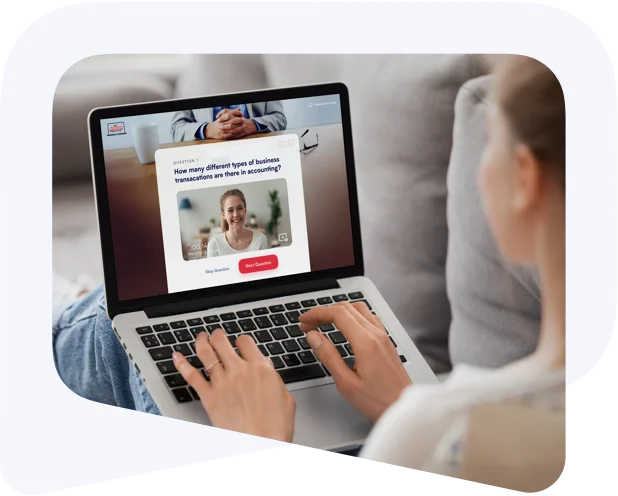
Get the free training guide.
See the most common questions in every category assessed by employers and be ready for anything.
Get the Guide

